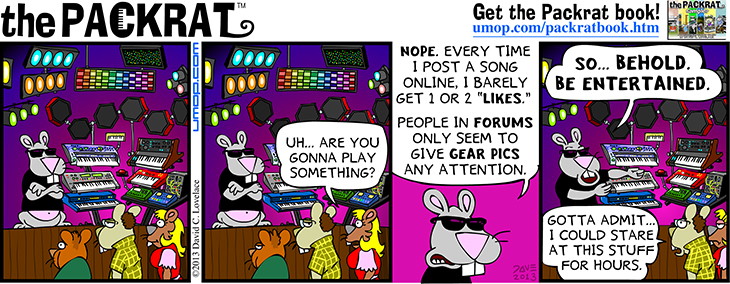dr_st wrote:Yes, some people still want to be stuck programming in assembly over 8-bit CPUs and 64KB of RAM, and they believe the rest of the world should be stuck there with them, circle-jerking at the latest clever hacks to create self-modifying code that manages to play a chirp via PC speaker in a way that no one in 1979 believed would ever be possible. Meanwhile, some people actually want to move forward to solve meaningful problems or at least provide higher quality entertainment for the (obviously stupid) masses.
Oh yes, and here we are developing a soundcard remake for ISA bus instead of appreciating PCIe and trendy multicore pentiums!
Well, I am the other assembly looser who cant aprecciate those latest trends.
Unfortunately "those some people" as institutions cant solve "meaningful problems", becouse for this they need to solve it just one time, AND let it go. But this is not the case with M$-like companies as they just keep re-inventing the 20 years and more the same thing!
"Some people" in that M$ are all developing that M$ office package, instead of letting it go 20 years ago already. (Or atleast to break it in smaller programs when adding on the next one!)
Overdevelopment, clumsyness, and the time moves on the utterly weird but they undo their doings. The similar things happen with several other bigger program packages as well where they are undoing their work (the big VST versions, and sequencers like Cubase). The similar things can happen for DOS programs as well, when overdeveloped.
"Higher quality entertainment" - what is that exactly? 😀 Sounds like learning differential equations or BIOS firmware reverse engineering, becouse that is what everyone loves to do every day. Correct? 😁 😁 😉
( my rant here follows)
NOWADAYS...
those M$ and Intel corporations are releasing new hardware and software of their troubles after every year even if there is no need really. At the same time average customers are keen about it, and complain if there are not coming a new release... and not becouse their program wont work, but becouse of principle -- "this is new". While for 2 year old product they say it is "dead" if there are not coming "updates", even if it is working okay and there is really no real benefit in "newer" software versions. So they jump for a newer raw product ...which is started from the scratch and buggy! Why?
Also the videocards are after couple years trashed away again, harddiscs swapped, everything must be bigger/faster, however not noticing the programs are growing too which zero out everything.
In some point of view this all is so nuts and impractical at the same time! But mostly they are lucky while having the smell of the new hardware and unpacking (and or assembling it together) knowing that it is the latest and fastest thing.
But RETRO...
While WinTel is neverending and always obsolete next year after, then with DOS and 8bit 30 year computers it is different -- the main worry is not about being outdated soon, but rather that the available details on the market are far too new.
No one really have complained that there are no updates for the old console game or support, no complains about it if it is old version or if there is a newer version. All those new trendy things seem to be unnecessary instead then (no wavetable, 32bit CPU, no stereo sound, and hey, what about graphics? Is it really such 2D only or monochrome?). No problems again, we LOVE it!
We are amused what exquisit 286 and XT computers we can find from garbage, and lucky about the ISA cards, then thats really great, but oh boy, now THIS makes really our day if we get the faulty 5.25" floppy drive working again!! 😁 😁
. . .
All is taken and assumed while comparing the computer users on those different areas and the topics on this forum and what the people are itching about here...
So... I wonder - why such a difference? Especially when comparing the early adopters vs. retro computer re-makers.
Anyway, based on all that comparison, to me it seems that the folks with their slow obsolete 8-bit computers are luckier than those with endless opportunities never-ready computers. 8bit folks are not so much demanding and all they need is there already.
The people with those more modern computer should also achieve partly the same feeling when just sticking on the working configuration, learning how to keep it working with backups of HDD images... instead of being on that never-ending upgrade cycle.
(But now... just a thought... I design the card, someone will make the software too for it. )
thank you for reading 😉
